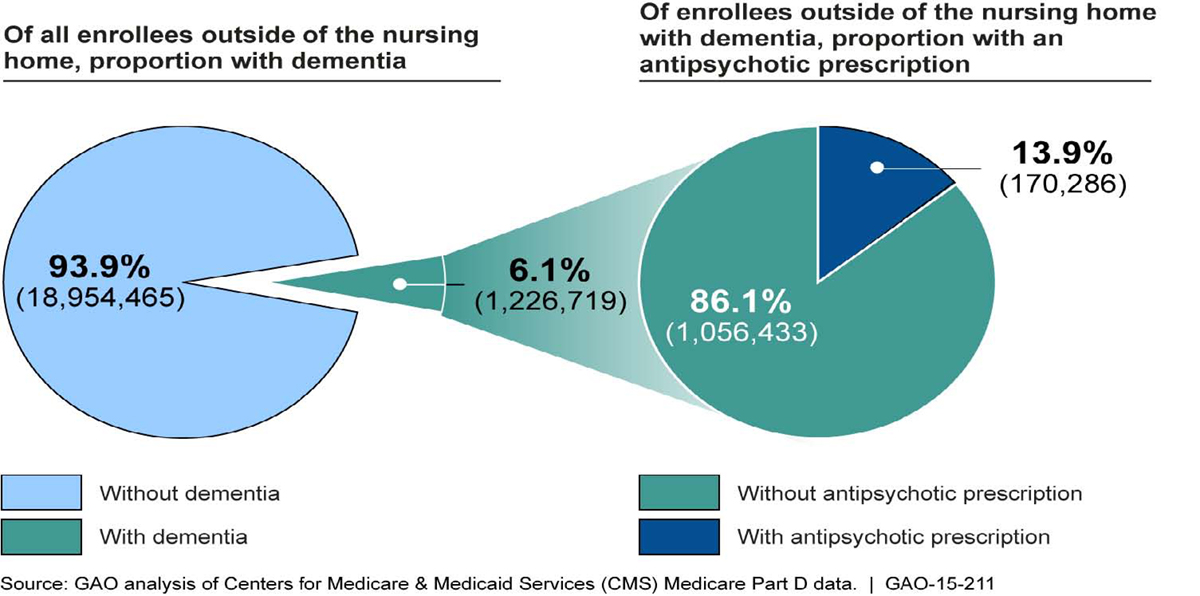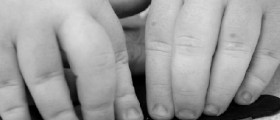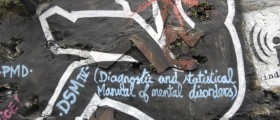
Schizophrenia is a severe mental disorder defined by disintegration of thought processes and of emotional responsiveness. People suffering from schizophrenia usually have problems to differentiate between real and imagined experiences, they are unable to think logically or have appropriate emotional responses. For many people affected by schizophrenia, behaving normally in the social situations is often impossible. Typical symptoms of schizophrenia include auditory hallucinations, paranoia, bizarre delusions, disorganized thinking and speech, social withdrawal, sloppiness of dress and hygiene. In some cases, persons may stop talking, stop responding to the world, and even remain motionless in bizarre postures.
It is estimated that about 1 in 123 or 0.81% or 2.2 million people in United States suffer from schizophrenia. The disease typically begins in the early adulthood, most commonly between the ages of 15 and 25. Women, however, tend to develop schizophrenia later than men do. In women, rates of schizophrenia onset are noticeably higher after age 30. The prevalence of schizophrenia worldwide is approximately 1.1% of the population over the age of 18, or 51 million people. This serious mental disease rank among the top ten causes of disability in developed countries worldwide.
Causes of schizophrenia
Scientists are not completely sure what causes schizophrenia. However, most of them agree that a combination of genetic and environmental factors plays a significant role. Patients at the greatest risk are those with a family history of schizophrenia who suffer transient or self-limiting psychosis. People who have a first-degree relative with the disease have 6.5% of chances to become affected one day. A lot of environmental factors are also critical, such as the living environment, drug abuse or prenatal stressors. Living in urban environments drastically increases one’s risk of schizophrenia. Parenting style, however, does not seem to play a role in this disease. Schizophrenia is associated with many drugs such as cannabis, cocaine and amphetamines.
Polytoxicomania, or using drugs and alcohol together and excessively, is tightly associated with developing a psychotic disorder. Prenatal causes include hypoxia (loss of adequate oxygen supply) and infection or malnutrition during the fetal development.
Treatment for schizophrenia
Patients diagnosed at the early onset of the disease are most likely to recover due to the successful treatment. Treatment is most successful if it starts in the prodromal (pre-onset) phase of the illness, which takes place 30 months before the onset of schizophrenia symptoms.
In most of the cases, medication is used to reduce the symptoms of psychosis. Psychological therapy, including family therapy, assertive community treatment, supported employment, skills training, and cognitive behavioral therapy, is also recommended. Regular physical activity is often used in the treatment since it has a positive effect on mental and physical health of the patients. In some severe cases, patients will be hospitalized, either voluntarily or involuntarily.













-And-Multiple-Sclerosis-Differences-And-Similarities_f_280x120.jpg)



Your thoughts on this
Loading...